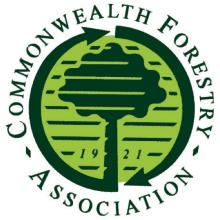Resource information
SUMMARYAlthough REDD projects can generate benefits for forest communities, they can also create negative social impacts, undermining the rights of indigenous peoples (IP). There is a need to analyze whether current forest carbon standards include adequate requirements to ensure IP's rights in REDD projects. This paper summaries the negative social impacts that REDD projects can cause in forest indigenous communities and establishes an evaluation framework of policies and measures needed to avoid or mitigate those impacts. This framework is used to assess how current carbon standards for REDD projects address social issues and whether they adequately protect IP's rights. The results of this assessment show that carbon standards, by and large, do not adequately include social standards to protect IP's rights. For example, while many standards call for clarification of tenure, few actually include recognition of traditional land and resources right. In addition, only half of the standards analyzed require monitoring of social impacts throughout the project's implementation, or require free prior and informed consent of indigenous peoples. Therefore, forest carbon standards for REDD projects should incorporate social principles in their methodologies or should be implemented jointly with social forest carbon standards.



